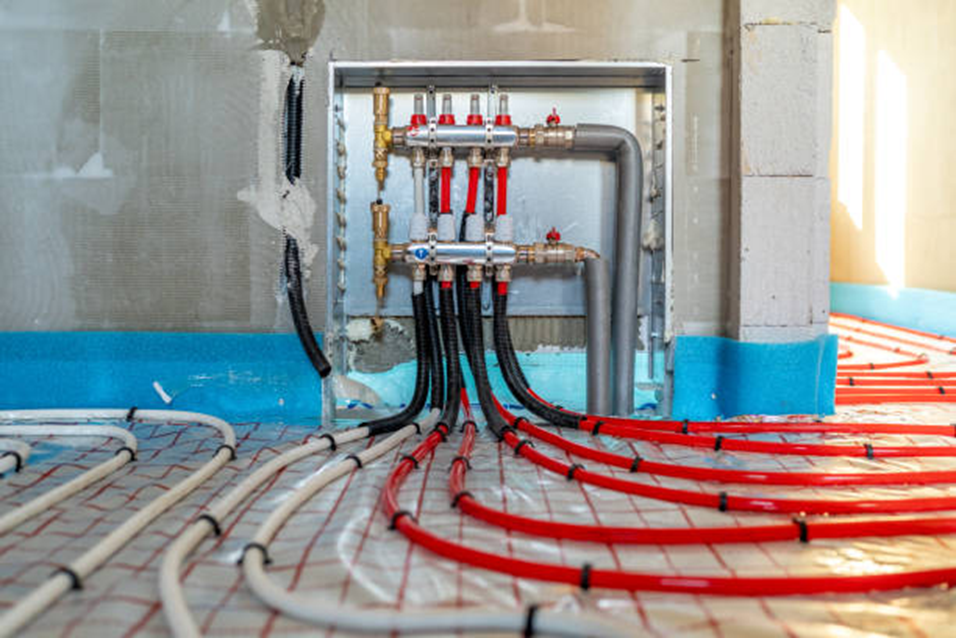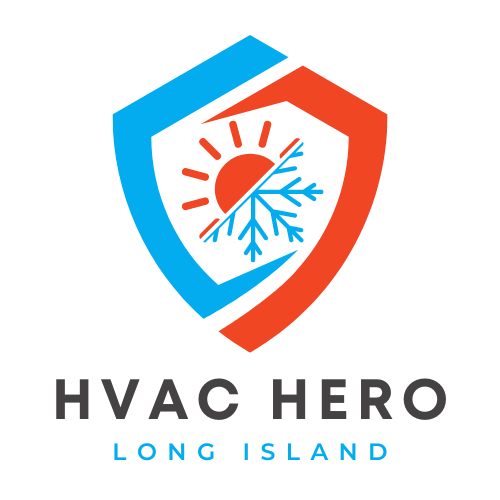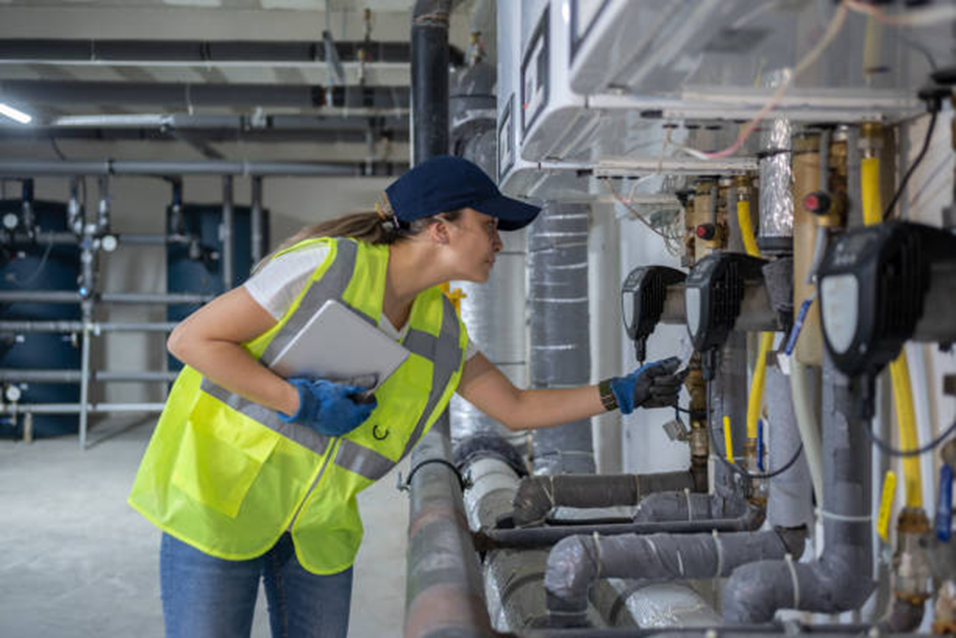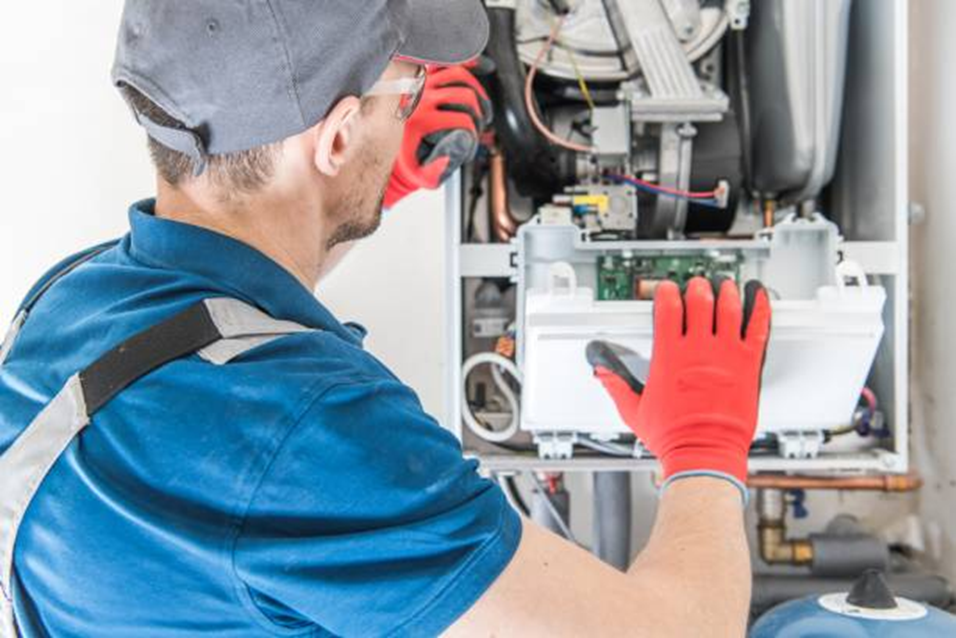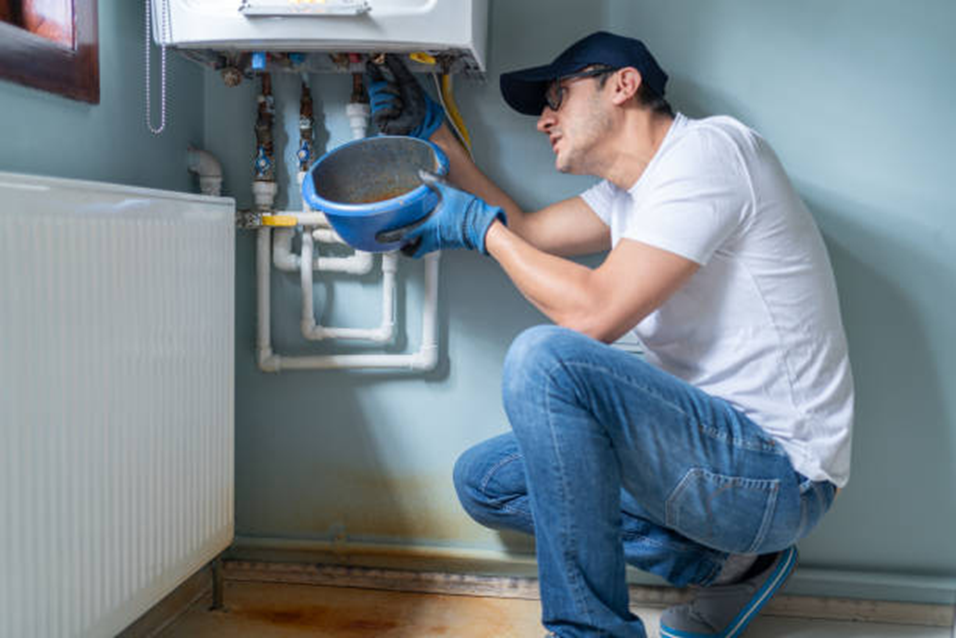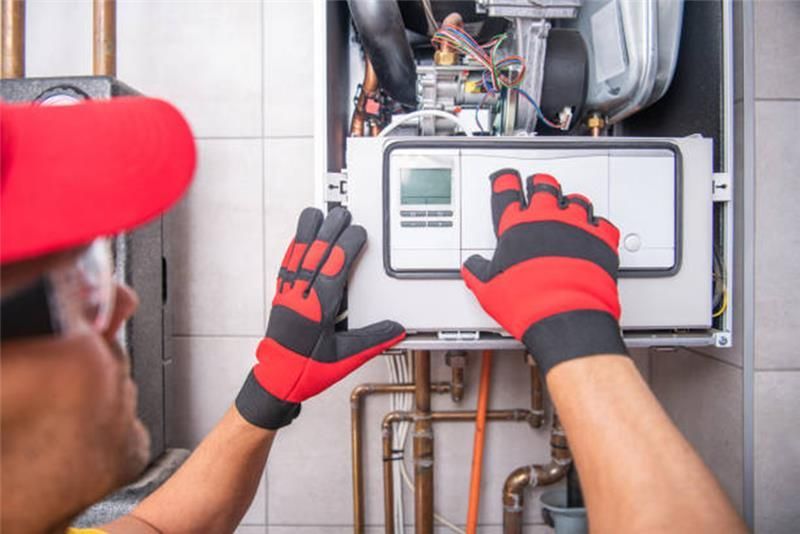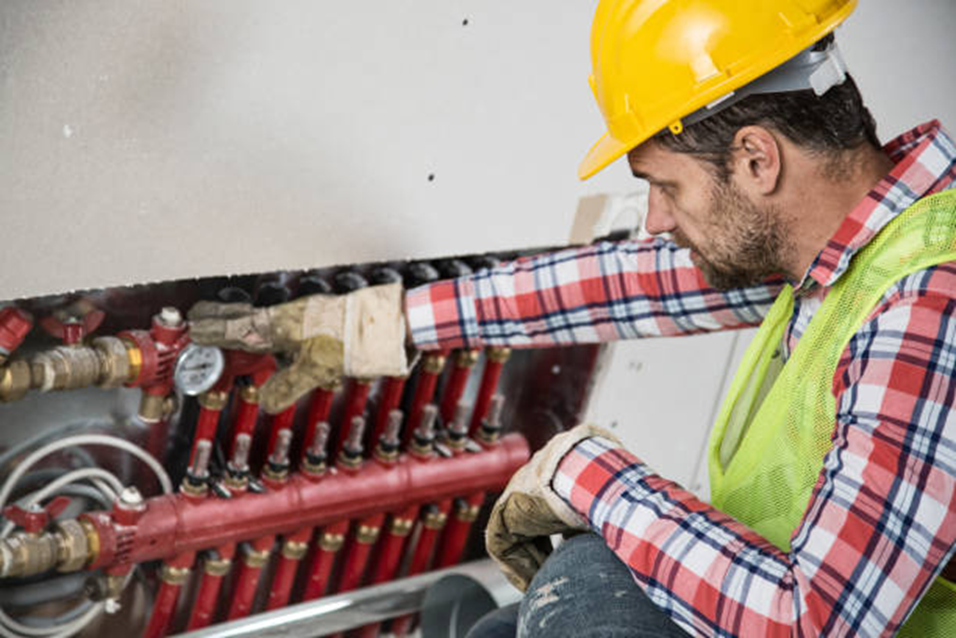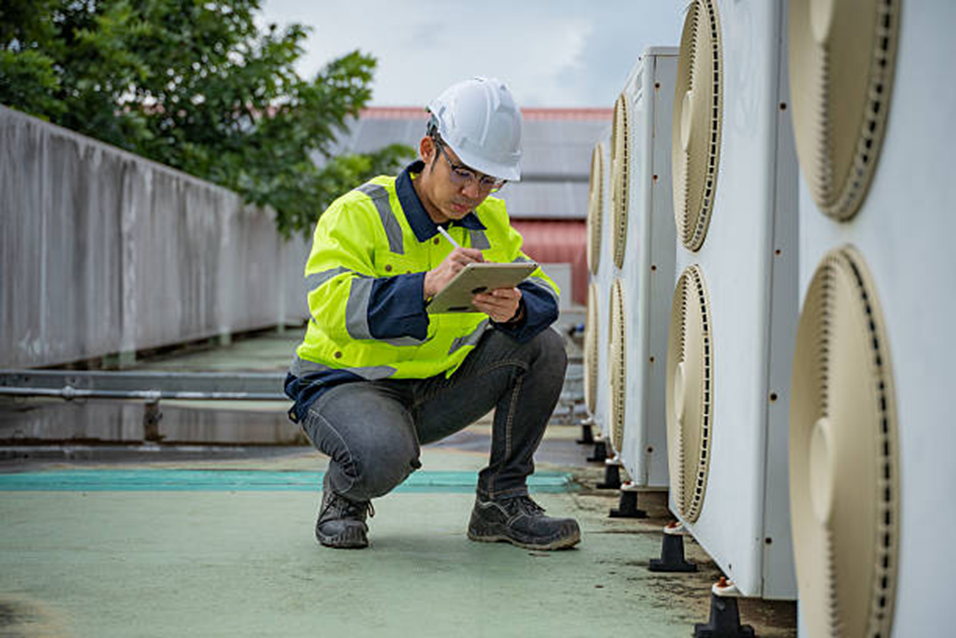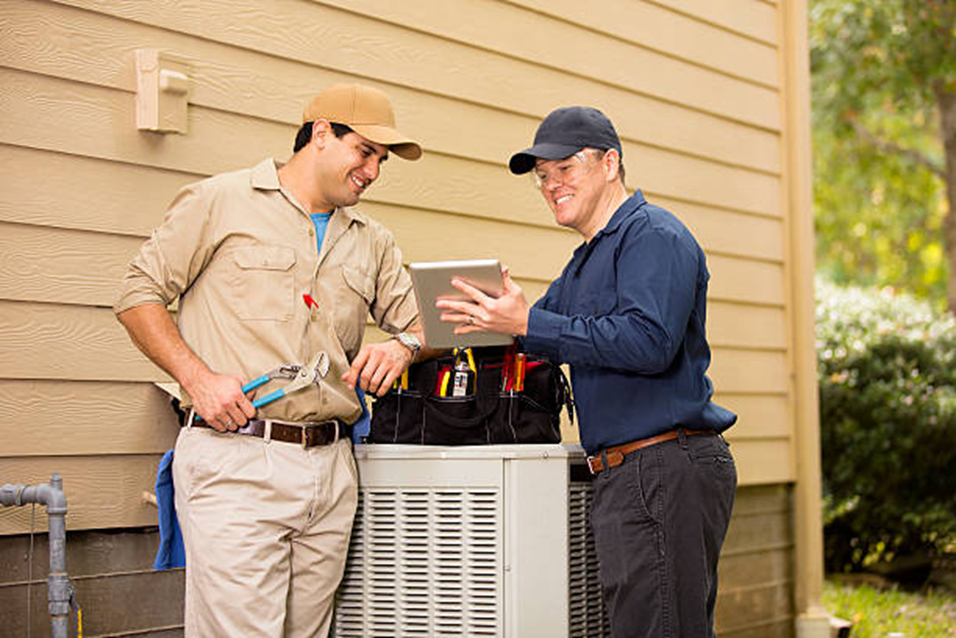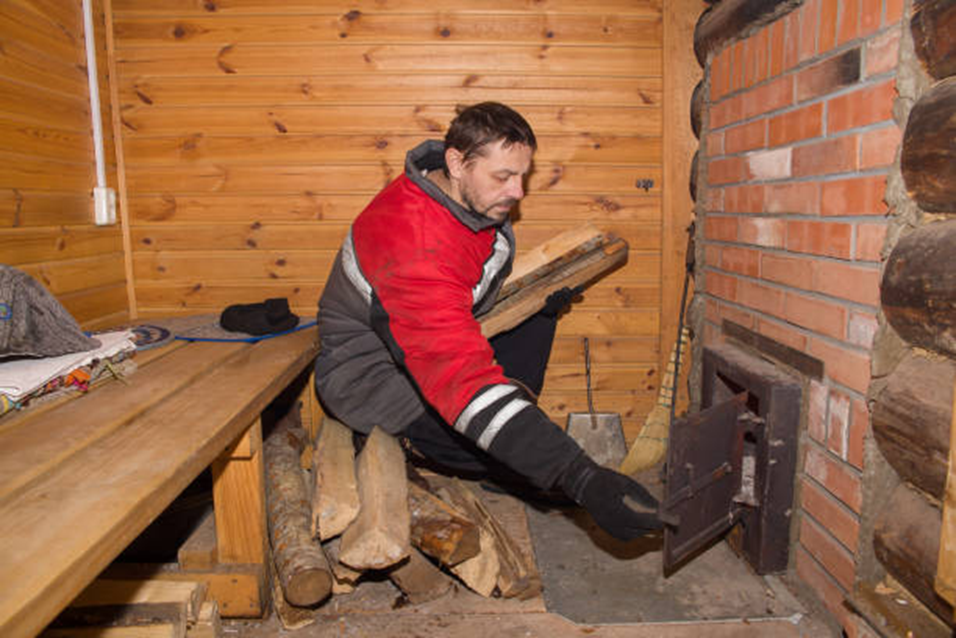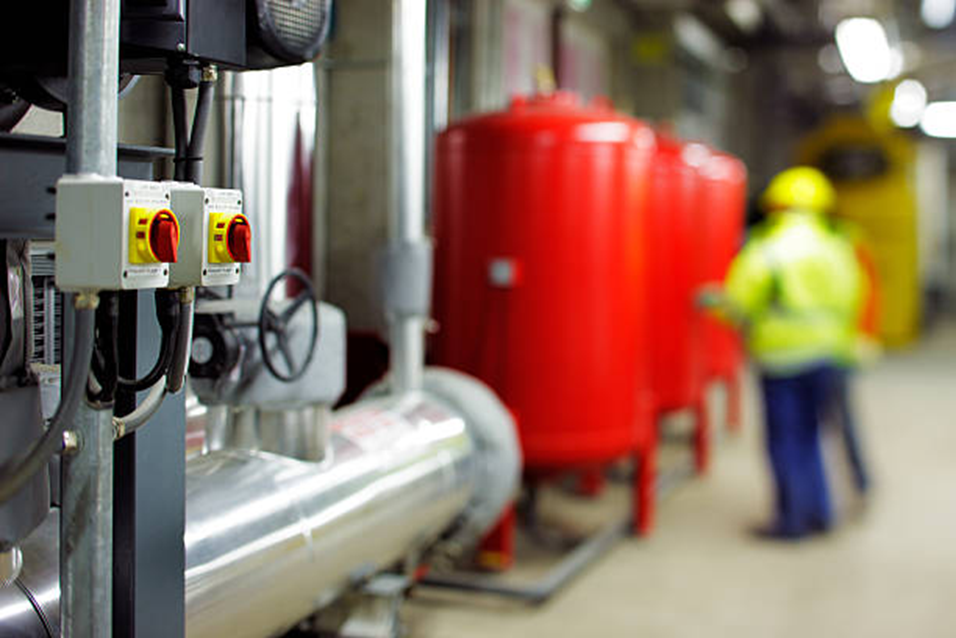Common AC Problems in Long Island Homes and How to Fix Them
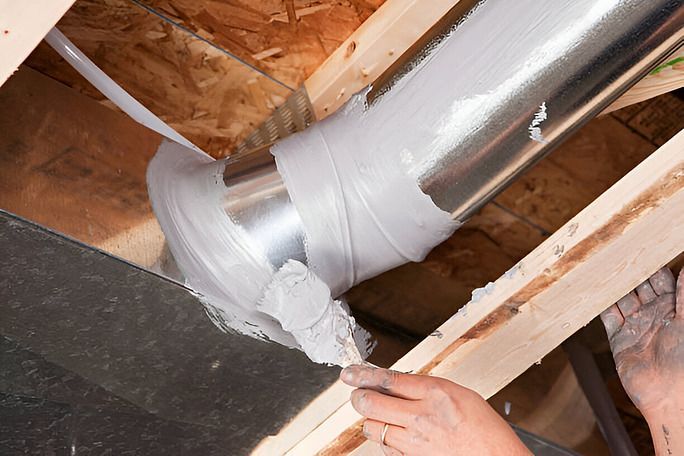
Living in Long Island means facing humid summers where your air conditioner is essential for comfort. Unfortunately, many homeowners run into common AC problems due to the unique coastal environment and aging homes. This guide explains the typical air conditioning issues you may face, how to troubleshoot them, and when to call for professional AC repair Long Island services.
1. AC Not Cooling Properly
Likely Causes:
- Clogged Air Filter: When filters are dirty, airflow is restricted, causing the system to struggle and reducing cooling efficiency.
- Refrigerant Leak: Without enough refrigerant, your AC can’t absorb heat properly, leading to warm air.
- Faulty Compressor: The compressor is the heart of the cooling cycle; if it fails, your system won’t cool.
- Dirty Condenser Coils: Outdoor coils coated with dirt or salt deposits reduce heat exchange and strain your unit.
How to Fix It:
- Check and Replace Filter: Replace dirty filters every 1–3 months, especially during Long Island’s pollen-heavy and humid summers.
- Inspect Outdoor Unit: Regularly clean dirt and salt residue from condenser coils using a gentle hose spray to maintain airflow.
- Check Thermostat Settings: Ensure the thermostat is set to “cool” and below your desired room temperature.
- Call for AC Repair Long Island: Refrigerant leaks and compressor failures require licensed HVAC technicians to safely repair and recharge your system.
2. AC Won’t Turn On
Common Symptoms:
- Thermostat is responsive, but the AC doesn’t start
- No airflow or noise from vents
- Circuit breaker trips often when turning on the AC
Possible Causes:
- Tripped Circuit Breaker: Power surges or overloads may trip your breaker to protect the system.
- Blown Fuse: Fuses protect electrical components; a blown fuse can stop the AC from powering on.
- Faulty Capacitor: Capacitors help start motors; a bad one prevents the compressor or fan from running.
- Thermostat Wiring Issues: Loose or damaged wiring can interrupt the signal to the AC.
How to Troubleshoot:
- Reset Circuit Breaker: Find your HVAC breaker in the electrical panel and flip it back to “on” if tripped.
- Check the Thermostat: Replace batteries if the thermostat is battery-powered, or inspect wiring for hardwired units.
- Call an HVAC Expert: Electrical components like capacitors and fuses should only be handled by professionals for safety reasons.
3. Weak Airflow from Vents
What You’ll Notice:
- Air coming out of registers is weak or barely noticeable
- Rooms take longer to cool than usual
- Some rooms are much cooler or warmer than others
Causes:
- Blocked or Leaky Ducts: Dust buildup, crushed ducts, or disconnected sections can severely restrict airflow.
- Clogged Filters: Dirty filters reduce air volume passing through the system.
- Blower Motor Issues: A malfunctioning blower fan can’t push enough air through the ducts.
- Undersized AC System: An AC unit that’s too small for your home struggles to supply adequate airflow.
Fix It With:
- Filter Replacement: Always keep air filters clean and replace regularly to maintain good airflow.
- Duct Inspection: Check attic or basement ductwork for visible damage or disconnections; seal leaks with mastic or foil tape.
- Schedule HVAC Repair: If airflow problems persist, a technician can test blower motor performance and verify proper AC sizing for your home.
4. Strange Noises Coming from the AC
Common Noises:
- Hissing: Often indicates a refrigerant leak.
- Banging or Clanking: Could be loose or broken mechanical parts inside the unit.
- Screeching or Squealing: Worn belts or motor bearings produce high-pitched noises.
Causes:
- Internal mechanical failures from worn-out parts or loose screws
- Debris such as sticks or leaves stuck in the outdoor fan
- Low refrigerant pressure causing abnormal compressor sounds
How to Troubleshoot:
- Turn Off System Immediately: Continuing to run a noisy AC can cause permanent damage.
- Inspect Outdoor Unit: Clear out any debris visible around fans or coils.
- Call for AC Repair Long Island: Mechanical and refrigerant-related noise issues need expert attention to avoid costly breakdowns.
5. AC Leaking Water or Moisture Around Unit
What You See:
- Water pooling near or under the indoor unit
- Water stains or discoloration on walls or ceilings near ductwork
- Musty, damp smells coming from vents
Causes:
- Clogged Condensate Drain: The drain line removes moisture from your AC; blockages cause water backup.
- Broken Condensate Pump: Pumps are used in basements or crawlspaces to move water outside—failure leads to leaks.
- Frozen Evaporator Coil: Ice buildup can melt and overflow the drain pan.
DIY Fixes:
- Clear Drain Line: Flush with distilled vinegar or use a wet/dry vacuum to remove blockages.
- Replace Filters: Dirty filters reduce airflow and can cause freezing.
- Call a Technician: Persistent leaks or frozen coils require professional cleaning and system checks.
Signs:
- Thermostat doesn’t respond to changes
- Temperature readings seem inaccurate
- HVAC cycles on and off irregularly
What Could Be Wrong:
- Dead or weak batteries in wireless thermostats
- Outdated or malfunctioning thermostat model
- Sensor calibration issues affecting temperature control
Repair Tips:
- Replace Batteries: A quick and easy fix for many thermostat issues.
- Check Wi-Fi Connection: For smart thermostats, ensure they are properly connected to your home network.
- Upgrade Thermostat: New smart thermostats offer better control and energy savings, especially suited for Long Island’s variable climate.
7. Frozen AC Coils
What You’ll Notice:
- Ice forms on the indoor evaporator coil or refrigerant lines
- System blows warm air even when running
- Energy bills rise due to inefficient cooling
Causes:
- Dirty filters restricting airflow
- Low refrigerant levels preventing proper heat exchange
- Poor airflow from blocked ducts or malfunctioning fans
How to Fix:
- Turn Off the AC: Let the ice thaw completely before restarting.
- Clean or Replace Air Filter: Ensures proper airflow over coils.
- Schedule HVAC Repair: Technicians can check refrigerant levels and system airflow.
8. High Energy Bills During Summer
Common Complaints:
- Unexpected spikes in electric bills during peak cooling months
- AC runs almost non-stop without effectively cooling
- Uneven temperature zones within the home
Culprits:
- Poor insulation common in older Long Island homes causing heat gain
- Leaky or poorly sealed ductwork losing cooled air
- Inefficient or undersized AC units working harder than necessary
Energy-Saving Fixes:
- Seal Ducts: Proper sealing prevents loss of cooled air and improves efficiency.
- Upgrade to Energy-Efficient Unit: Modern AC units use less electricity and cool more effectively.
- Get a Home Energy Audit: Local programs like PSEG-LI may offer audits and rebates to improve your home’s energy use.
Preventative HVAC Repair Tips for Long Island Homeowners
Taking care of your AC before it breaks down can save you time and money. Follow these tips to keep your system running smoothly:
- Schedule Annual Tune-Ups: Professional inspections and cleaning before summer help avoid unexpected breakdowns.
- Replace Filters Regularly: Clean filters maintain airflow and system efficiency.
- Clear Debris from Outdoor Units: Remove leaves, dirt, and salt buildup that can cause corrosion and reduce cooling.
- Insulate Ductwork: Especially important in basements and attics to prevent energy loss.
- Use Smart Thermostats: Optimize your cooling schedules and save energy automatically.
Choosing a Reliable AC Repair Service in Long Island
For lasting repairs and peace of mind, choose an HVAC company that is:
- Licensed and insured in New York State
- NATE-certified with trained technicians
- Known for timely, professional service with good local reviews
- Familiar with coastal climate challenges and local building codes
- Offering emergency and same-day repair options
Special Considerations for Long Island Homes
- Salt Air Corrosion: Coastal properties should rinse outdoor units regularly and consider anti-corrosion coatings.
- Power Outages: Protect your HVAC system with surge protectors or backup generators common during storms.
- Local Zoning Laws: Confirm that any HVAC work complies with Long Island township regulations to avoid fines.
Frequently Asked Questions (FAQs)
How often should I replace my AC filter in Long Island?
Every 1–3 months, depending on usage and local pollen or dust levels.
What temperature should I set my thermostat during summer?
Between 76 and 78°F balances comfort with energy efficiency.
Why does my AC smell musty when it starts?
This often indicates mold or mildew in ductwork or a clogged condensate drain—professional cleaning usually fixes this.
Is it worth repairing an AC system older than 15 years?
Often not. Older units are less efficient and more prone to breakdowns; replacement saves money long term.
How can I prevent salt corrosion on my outdoor AC unit?
Regularly rinse your unit with fresh water and apply anti-corrosion sprays designed for coastal areas.
